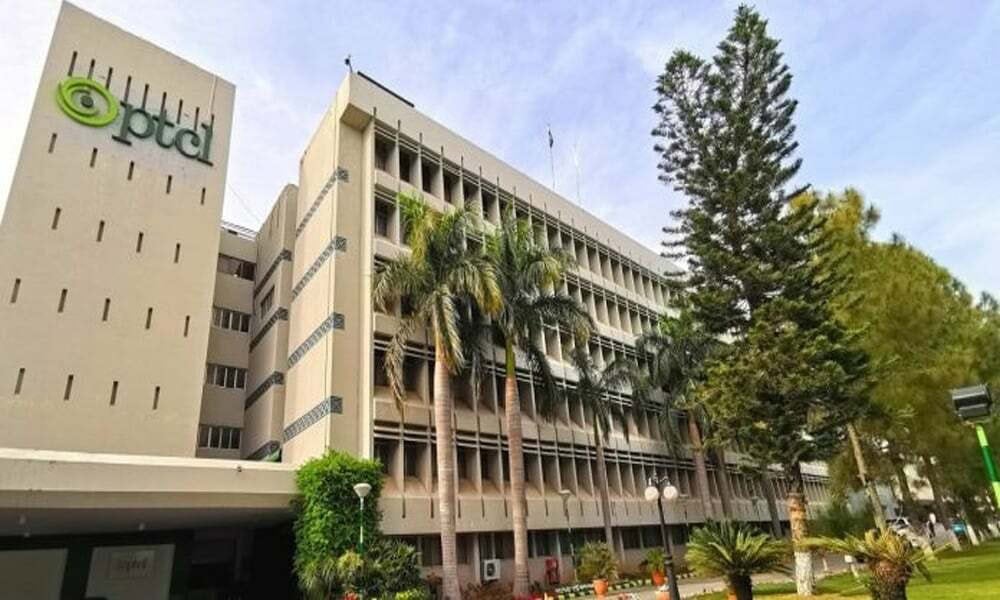PTCL's Revenue Rise Fails to Ease Deepening Crisis

Financial Struggles and Strategic Concerns at PTCL
Despite a rise in revenue, Pakistan Telecommunication Company Limited (PTCL) is facing significant financial challenges that have raised questions about its long-term strategy and overall health. A recent report from the Central Monitoring Unit (CMU) of the Ministry of Finance revealed that PTCL incurred a loss of Rs7.2 billion during the first half of fiscal year 2024-25. This loss has pushed the company's total accumulated losses to Rs43.6 billion, highlighting a growing financial crisis.
The report also noted that PTCL has climbed in the ranking of loss-making state-owned enterprises, moving from the 10th to the 7th position compared to the same period last year. This development has intensified pressure on PTCL’s management to implement effective corrective measures to stabilize the company’s financial situation.
Acquisition of Telenor Pakistan: A Double-Edged Sword
One of the major concerns raised by the Ministry of Finance is PTCL’s proposed acquisition of Telenor Pakistan. Officials have warned that if this deal is not executed with caution, it could further weaken PTCL’s already fragile financial position. The report suggests that such a move might also interfere with the company’s digital transformation goals, limiting its capacity to invest in essential sectors in the future.
While the acquisition could potentially expand PTCL’s market share and customer base, the risks involved are substantial. The report emphasizes that these risks must be carefully managed to avoid any negative impact on the company’s performance and financial stability.
Pension Liabilities Add to the Burden
In addition to its operational losses, PTCL is grappling with a growing pension liability. The company’s unpaid pension obligations have reached Rs42.84 billion, placing additional strain on its balance sheet. Addressing this issue is crucial to preventing further financial instability in the coming months.
The report highlights the importance of resolving these liabilities to ensure the company can maintain its operations and continue investing in critical areas.
Historical Context and Shareholding Structure
Looking back, PTCL had recorded a net profit of Rs20.78 billion in fiscal year 2005-06 when its management was transferred to Etisalat, a UAE-based company. Today, Etisalat holds 26% of PTCL’s shares, while the Government of Pakistan owns 62%, and the remaining 12% are held by public investors.
This historical context underscores how far PTCL has fallen in terms of profitability and financial health. It also raises questions about the effectiveness of current management strategies and the need for a more sustainable approach.
The Role of PTCL Group Subsidiaries
The PTCL Group includes Ufone and UBank, which play a significant role in the company’s operations. While the acquisition of Telenor Pakistan is seen as a bold strategic move, the report warns that the potential benefits must be weighed against the risks. Failure to manage these risks could lead to long-term consequences for PTCL’s financial standing and market position.
Conclusion
PTCL’s current financial struggles highlight the urgent need for a comprehensive review of its strategies and operations. With mounting losses, increasing liabilities, and a high-stakes acquisition on the horizon, the company must take decisive action to secure its future. The path forward will require careful planning, transparent governance, and a commitment to long-term sustainability. Without these elements, PTCL may continue to face financial instability and fail to meet the expectations of its stakeholders.
Post a Comment